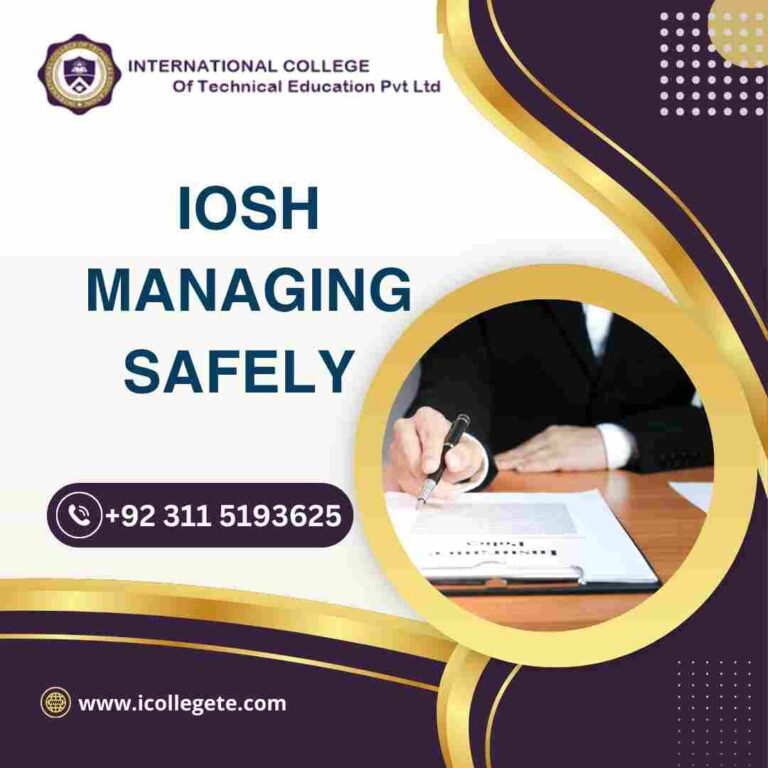The Food Safety Course in Rawalpindi is designed to provide individuals with comprehensive knowledge and skills in ensuring food safety in various settings, such as restaurants, hotels, food processing facilities, and catering services. The course equips participants with the necessary understanding of food safety principles, regulations, and best practices to maintain high standards of hygiene and protect public health.The course is conducted over a period of two weeks, comprising of theoretical lectures, practical demonstrations, and hands-on training.
Food safety is a fundamental public health concern. The Food Safety and Halal has become an area of priority and necessity for consumers, retailers, manufacturers and regulators.
PIM has designed this program to develop Food safety and halal assurance skills and will help professionals to understand the functions and challenges faced by an organization in halal certification process. This program will provide a holistic understanding and emphasis on food safety along with halal aspects, equipped with technical learning modules such as good documentation requirements, industry-friendly food safety & halal control systems as well as focus on practical applications in real world food processing environment.
Food Safety Course Content:
- Introduction to Food Safety
- Food Safety Regulations and Standards
- Principles of Food Microbiology
- Foodborne Illnesses and Pathogens
- Hazard Analysis Critical Control Point (HACCP)
- Good Manufacturing Practices (GMP)
- Food Contamination and Cross-Contamination
- Personal Hygiene and Sanitation
- Food Handling and Storage Practices
- Cleaning and Sanitization in Food Facilities
- Pest Control in Food Premises
- Food Safety Management Systems
- Food Safety Inspections and Audits
- Food Allergen Management
- Food Safety Incident Management
Certification: Upon successful completion of the course, participants will receive a Food Safety Certification, recognized by relevant regulatory bodies and industry authorities. The certification validates the individual’s knowledge and competence in food safety practices and enhances their employability in the food industry.
Prerequisites: There are no specific prerequisites for enrolling in the Food Safety Course. However, a basic understanding of food handling practices and a high school diploma or equivalent educational qualification is recommended.
Target Audience: The course is suitable for individuals involved in the food industry, including food handlers, restaurant managers, supervisors, food service personnel, quality control officers, and anyone responsible for ensuring food safety. It is also beneficial for individuals seeking to establish or manage their own food-related businesses.
Training Methodology: The course employs a variety of teaching methods, including interactive lectures, case studies, group discussions, practical demonstrations, and hands-on training. Participants will have the opportunity to apply their knowledge through real-world scenarios, practical exercises, and simulated food handling environments.
Training Facilities: The Food Safety Course in Rawalpindi is conducted in a well-equipped training facility that provides a conducive learning environment. The facility includes modern classrooms, food preparation areas, demonstration kitchens, and training materials to facilitate practical learning experiences.
Instructors: The course is delivered by experienced instructors who specialize in food safety and possess extensive knowledge of the subject matter. They provide expert guidance, share practical insights, and facilitate discussions to ensure participants grasp the essential concepts and skills.
Career Opportunities: After completing the Food Safety Course, graduates can pursue various career opportunities in the Food Safety Course in Rawalpindi






